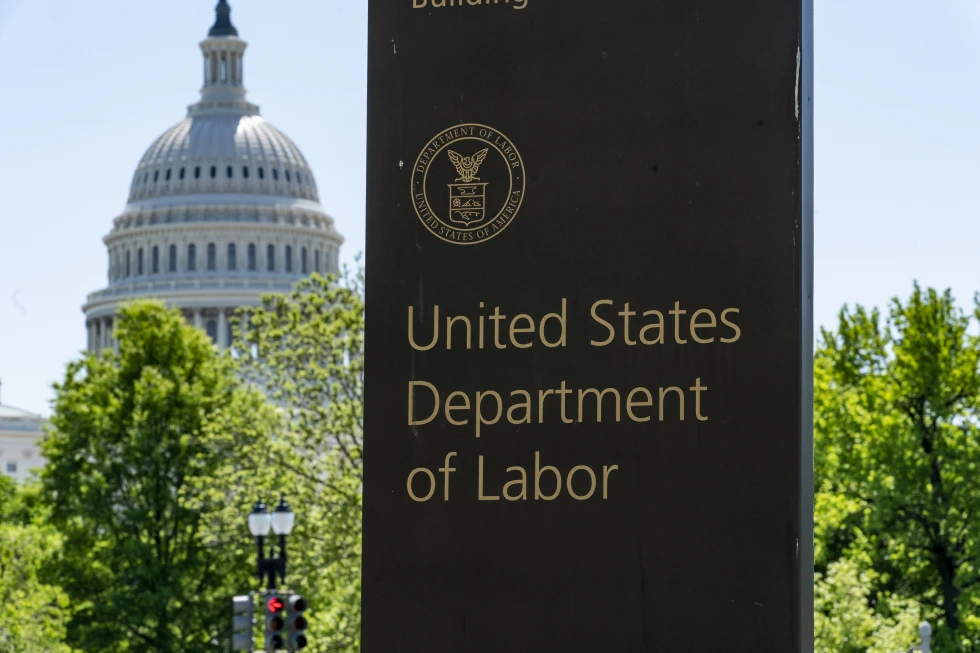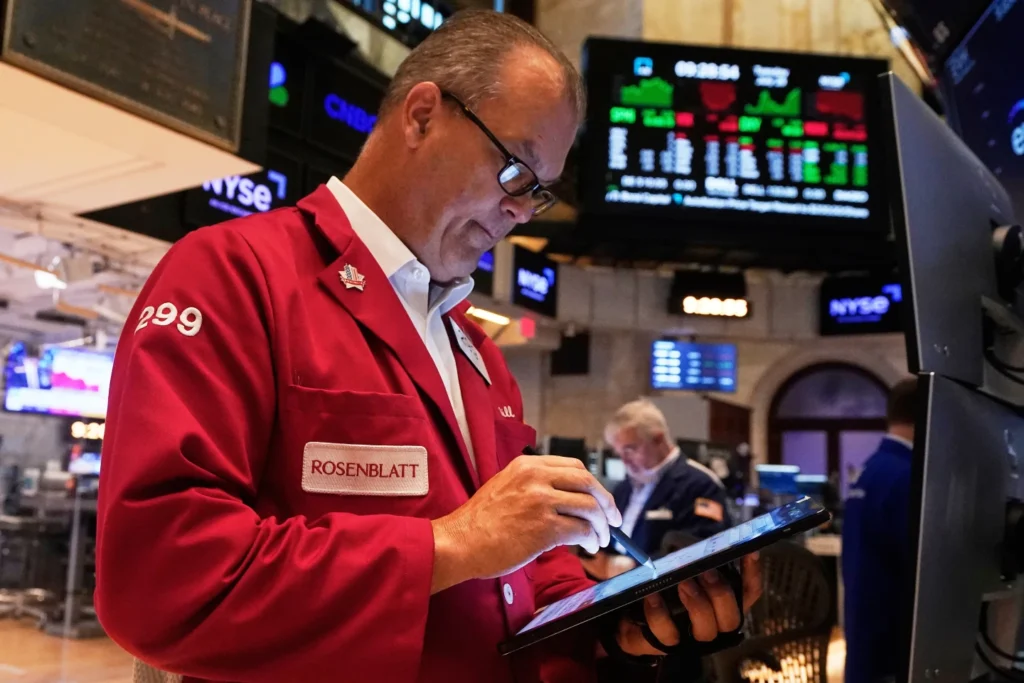CFO Confidence Falls Sharply as Economic Uncertainty Grows

July 9, 2025 — Economic confidence among chief financial officers dropped significantly in Q2 2025, according to Deloitte’s newly released CFO Signals report. Based on responses from 200 senior finance leaders across North America, the survey reveals a sharp decline in optimism as economic uncertainty clouds revenue forecasts, capital investment plans, and risk appetite.
CFO Confidence Score Drops to 5.4
The CFO confidence score fell to 5.4, down from 6.4 in Q1, reflecting a shift from “high” to “medium” confidence. This marks the steepest quarter-over-quarter decline in sentiment since late 2023. Just 23% of CFOs rated the current North American economy as “good,” compared to 50% in Q1.
Meanwhile, only 33% of CFOs say now is a good time to take on more risk—the lowest reading since Q3 2024. These shifts signal deep unease across the finance leadership community.
“Anytime there’s uncertainty—whether it’s policy, geopolitics, or markets—CFOs become less bullish,” said Steve Gallucci, Global and U.S. Leader of Deloitte’s CFO Program.
Growth Expectations and Forecasts Weaken
Across all operational metrics, growth expectations declined. CFOs revised down projections for revenue, earnings, and capital investments. Sentiment around the capital markets was mixed:
-
53% consider debt financing attractive
-
41% say equity financing is appealing
-
46% believe U.S. capital markets are undervalued
Recalibration, Not Retreat
Rather than scaling back entirely, Gallucci said CFOs are recalibrating their approach to growth and resilience:
-
Refining growth strategies: Leaders are reevaluating where growth is realistic—both organically and through M&A.
-
Controlling key risks: CFOs are focused on cost management, talent planning, and tech-enabled transformation.
-
Pursuing strategic deals: Despite risk aversion, M&A remains active, and early signs point to increased IPO activity.
Technology and Cybersecurity Still Take Priority
Tech investment remains a top priority, particularly in AI and digital transformation, though CFOs continue to approach generative AI with caution. Cybersecurity was cited by 51% as a leading external risk—underscoring concerns about reliance on third-party platforms and digital infrastructure.
“Cyber will always stay at the top of the CFO risk list,” Gallucci emphasized.
Internal Risks: Talent, Resilience, and Cost
The top three internal risks were:
-
Talent availability (46%)
-
Lack of agility/resilience (46%)
-
Cost management (45%)
These challenges are interconnected, driven by post-pandemic shifts, supply chain disruptions, and ongoing policy uncertainty. Gallucci noted the talent issue has evolved—from hybrid work concerns to capability gaps in tech, automation, and AI skills.
“Do I have the right skill set within my finance team to support a tech-driven future?” Gallucci asked.
To address these gaps, CFOs are actively:
-
Upskilling existing talent
-
Recruiting new capabilities
-
Expanding talent pools for flexibility and resilience
Outlook: Focused on Fundamentals
Deloitte’s Q2 CFO Signals survey paints a clear picture: finance leaders are navigating deep uncertainty with a pragmatic focus on fundamentals, agility, and risk management. As confidence dips, their actions point not to retreat, but to strategic recalibration for long-term resilience.
For author: Staff Writer
Courtesy of: Forbes
Source: Deloitte CFO Signals Q2 2025 Report
: 45







